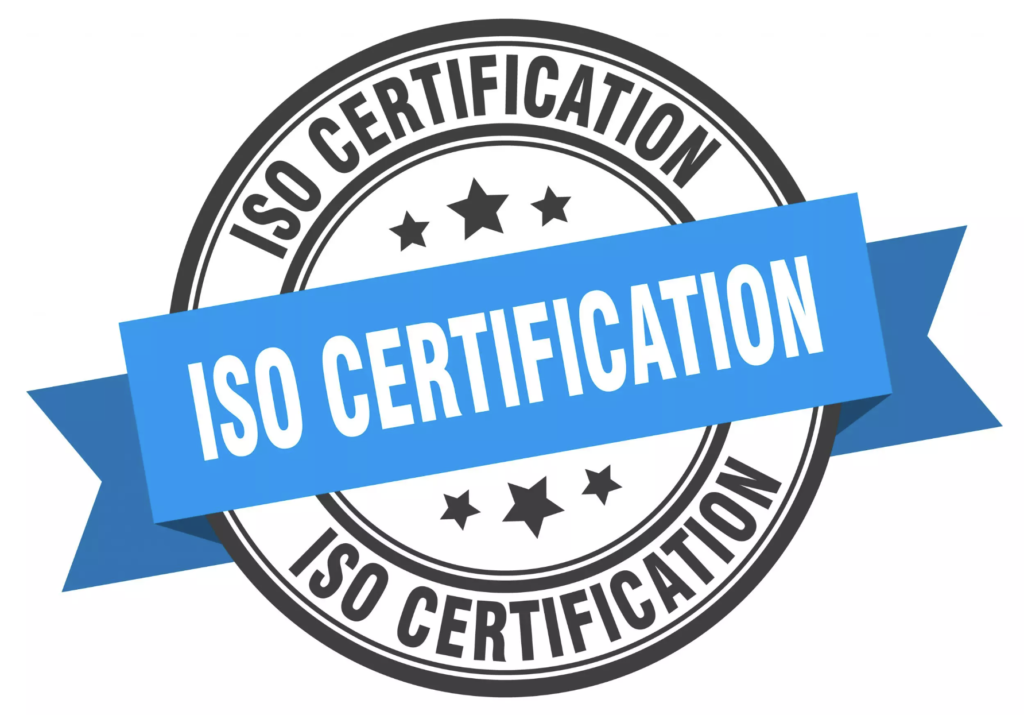
Are you a project manager or someone interested in effective project management practices? If so, you’ve likely come across the term “ISO 21500.” In this article, we’ll dive into the purpose of ISO 21500, what ISO 21500 certification entails, how it defines a project, and explore the ISO standard for PMO (Project Management Office).
1. Purpose of ISO 21500
ISO 21500 is an internationally recognized standard established by the International Organization for Standardization (ISO). Its primary purpose is to provide a comprehensive framework for project management, enabling organizations to consistently and efficiently manage their projects. This standard outlines key principles and concepts related to project management, making it a valuable resource for organizations seeking to enhance their project management processes.
ISO 21500 emphasizes the importance of leadership, stakeholder engagement, risk management, and communication in successful project management. By following its guidelines, organizations can improve project outcomes, enhance accountability, and reduce risks associated with projects.
2. ISO 21500 Certification
ISO 21500 certification is a process where an organization or individual can get certified as compliant with the ISO 21500 standard. Certification is a testament to an entity’s commitment to adhering to international best practices in project management. While ISO 21500 itself does not provide certification, various certification bodies offer ISO 21500-related certifications.
Achieving ISO 21500 certification can demonstrate an organization’s dedication to delivering quality projects and can be a differentiator in a competitive marketplace. It signifies that the organization’s project management processes meet or exceed international standards, potentially boosting its credibility and reputation.
3. How ISO 21500 Defines a Project
ISO 21500 defines a project as a “unique process consisting of a set of coordinated and controlled activities with start and finish dates, undertaken to achieve an objective conforming to specific requirements, including constraints of scope, time, cost, and resources.”
This definition underscores several key points:
- Uniqueness: A project is distinct from routine operations, with a defined objective.
- Coordination and Control: Projects require careful planning, execution, and monitoring to achieve success.
- Constraints: Projects are subject to constraints, including scope, time, cost, and resources.
- Objective: Projects exist to achieve specific goals or deliverables.
Understanding this definition is crucial for project managers and teams as it forms the foundation for effective project planning and execution.
4. The ISO Standard for PMO
ISO 21500 is primarily focused on project, program, and portfolio management. However, if you’re interested in Project Management Offices (PMOs), ISO 21500 indirectly provides guidance. A PMO is an organizational entity that helps standardize and streamline project management processes and practices. While ISO 21500 doesn’t specifically define PMOs, it provides the principles and best practices that PMOs can adopt to enhance project management within an organization.
If you’re seeking more direct guidance on PMOs, ISO has a dedicated standard, ISO 10006, titled “Quality management – Guidelines to quality in project management.” ISO 10006 offers comprehensive guidelines for PMOs, covering aspects such as planning, processes, documentation, and performance measurement.
To further enhance your understanding of project, portfolio, and program management, you can refer to ISO 21500:2021 for the full context and concepts related to these areas.
Additionally, to differentiate between project, portfolio, and program management, you can read “What’s the Difference Between Project, Portfolio, and Program Management?“.
In conclusion, ISO 21500 plays a crucial role in improving project management practices globally. It provides a standard framework that organizations can follow to ensure the success of their projects. Achieving ISO 21500 certification demonstrates a commitment to these best practices, and understanding how ISO 21500 defines a project is fundamental to effective project management. For more specific guidance on PMOs, ISO 10006 is a valuable resource.
